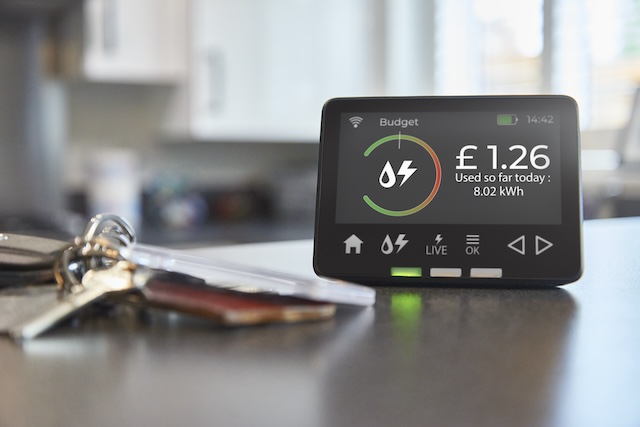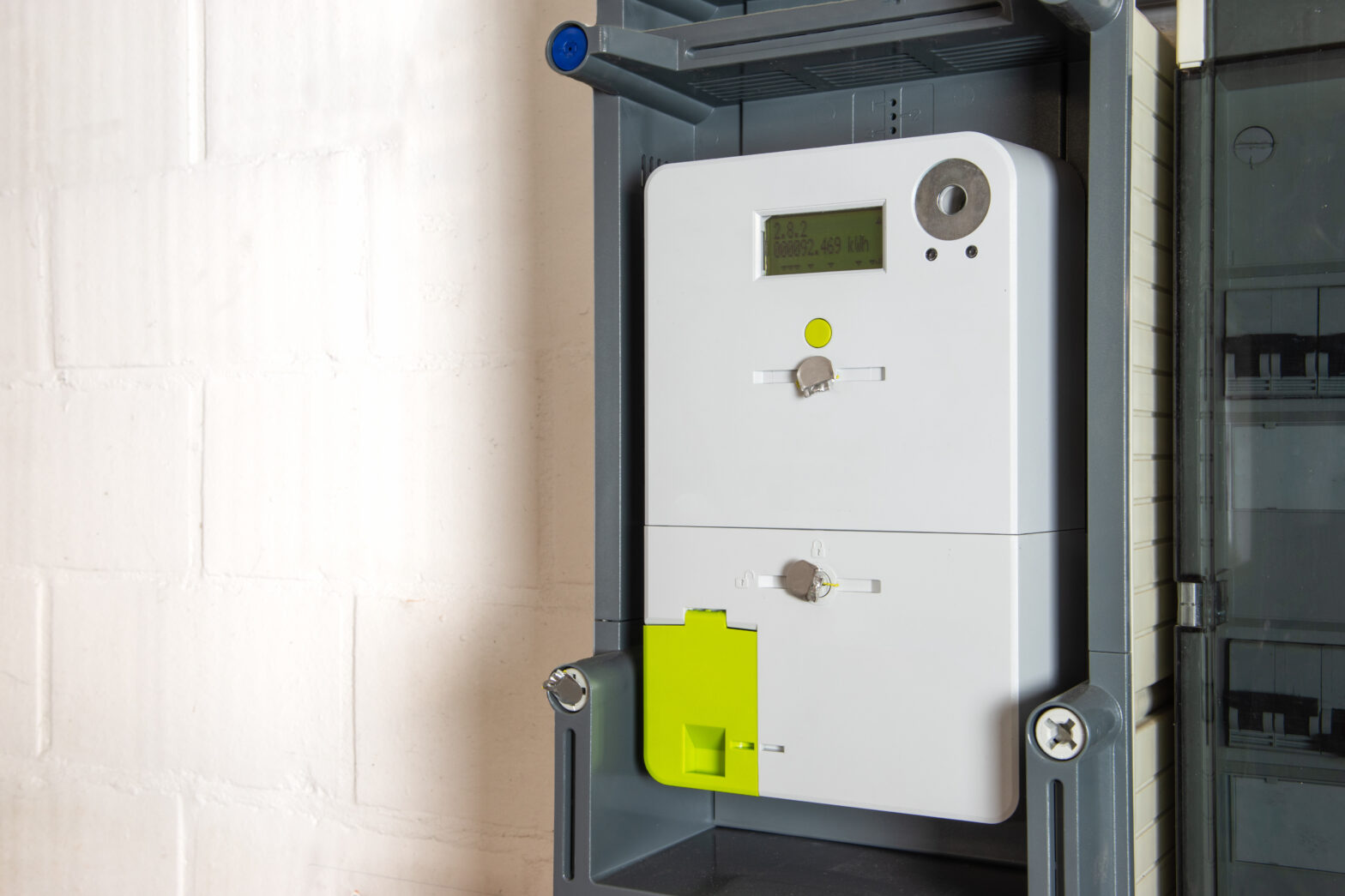Technology has transformed the way we do business. From bricklayers to software engineers, everyone can benefit from cheap and simple tools that build efficiency and save you money.
Here are five of the best tech advances that you can implement today to boost your business ahead of the competition.
1. DIY websites
Twenty years ago, near the start of the dotcom revolution, it could cost many thousands of pounds to create a simple website, but today you can create a brilliant, bespoke and unique website for free.
An explosion of website building platforms in recent years – from Wix to Squarespace to 1&1 Ionos – has created fierce competition in the marketplace, which in turn has reduced prices to rock bottom.
With user-friendly tools, these platforms allow you to create an elegant online HQ where you can show off your work, quote happy customers, give information about your service and your fees, and of course provide a means for people to get in touch.
There’s almost always an option to pay for extras, for example if you want better hosting, more bells and whistles or to remove the web platform’s own branding from your site, but even this is affordable in most cases.
2. Smart meters
For the UK’s smallest businesses, energy consumption is one of the biggest costs you’ll face, especially if you’re a sole trader with no salaries to take care of each month.
But many small businesses still estimate their energy expenditure instead of tracking their usage as it happens with a smart meter. These devices are an increasingly popular way for homes and business to track the cost of energy use in near-real time.
That means no more guesswork, crystal clarity over your spending, and accurate, predictable bills which cover only the energy you have actually consumed.
Perhaps that’s why there are currently more than 17 million smart meters already installed across the UK. They can be requested from your supplier and can even help reduce your business’ impact on the planet. To find out more click here.
3. Accountancy software
An area of business unquestionably improved by the digital revolution is bookkeeping and accountancy. The old stereotype of late filing, dodgy figures and shoe boxes full of receipts is no longer realistic – not since a universe of accounting apps and services burst onto the scene in recent years.
There is a vast tapestry of bookkeeping products for you to research, from apps which help you track your spending, to web-savvy accountancy practices with jazzy accounting software that lets you input all of your numbers remotely, before they calculate your profit, loss and tax liabilities.
These start at the ‘freemium’ end of the market, meaning you pay nothing to sign up, and go all the way to more sophisticated and expensive offerings. A few hours spent searching online will tell you plenty about which of these is most appropriate to your business.
4. Cloud computing
Cloud computing sounds technical, but it is really just a simple way to back up your information and enable access to it from computers other than the one sitting at home in your spare room.
The Cloud is useful for storing and accessing just about any kind of records on the go, from sales figures and invoices, to quotes, job descriptions and even marketing materials.
Big businesses use the cloud to share information between disparate teams, small businesses might benefit by being able to edit a document anywhere in the world, in real time. Either way it’s an incredibly useful business innovation.
Examples of cloud software include iCloud, Dropbox and Microsoft 365. These products are generally low-cost and offer subtly different tools to help you make the most of the Cloud. Trawl the market to find out which is best for you.
5. Project management software
This is a great example of Cloud technology that can help a business organise itself and deliver work on time. Like in the case of accountancy software, there has been an explosion of project management tools in recent years.
These include relative newcomers like Monday, Asana, Slack and Teamwork. They let you create projects and manage goals, while enabling different people within your business to influence outcomes and provide updates to others.
Again, these tools generally begin at the low end of the cost spectrum, with prices increasing with the number of users and the level of sophistication you require; so, as with everything, it pays to shop around.
Good project managing software should allow you to manage a team, customise your project portfolio, plan projects in a visual interface, collaborate with large numbers of stakeholders including customers and partners, and integrate with commonplace tools like Excel spreadsheets, Google Drive and Dropbox, for example.
Equipped with these five basic technological wonders, you’ll be able to work fast, save money and level the playing field with your bigger, more established rivals. If you’re missing any of the above from your technology armoury, now could be the time to update.
For more information about the how to install a smart meter in your workplace, visit the Smart Energy GB website at smartenergyGB.org
This article is part of a paid-for information campaign for Smart Energy GB
Further reading
8 ways to save money running your microbusiness
How to manage your businesses cash flow more efficiently
Frequently asked questions about smart meters for small businesses





